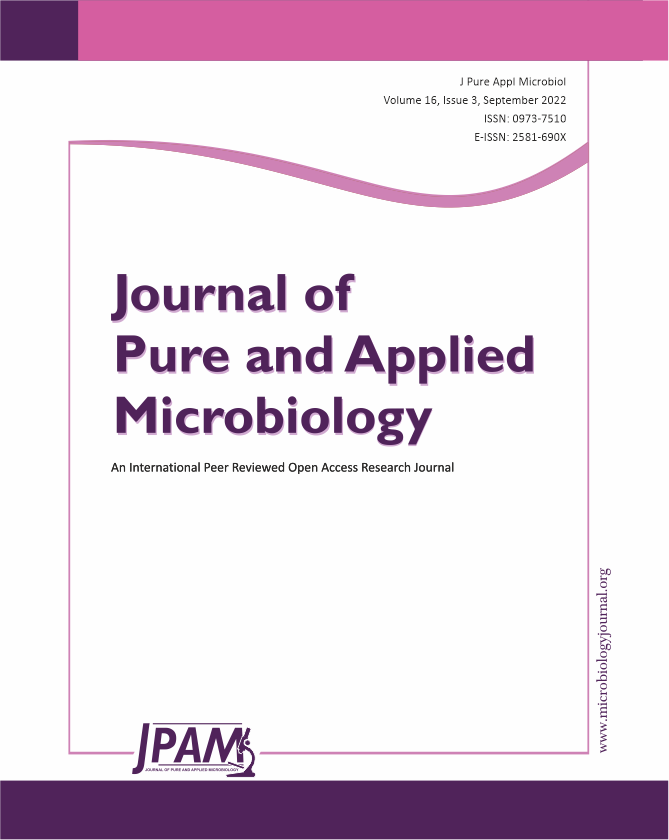Plant growth-promoting rhizobacteria (PGPR) have proved to be an effective solution for enhancing growth of various plant species. Five different bacterial isolates extracted from rhizosphere soil were extensively studied for the production of indole acetic acid (IAA) and among those Bacillus safensis YKS2 strain was found to produce substantial quantities of IAA. B. safensis YKS2 strain was characterized and submitted to National Centre for Biotechnology Information (NCBI) (Gen Bank No. MH539636). Optimization of IAA production with varying pH and temperature revealed that IAA production was maximum at pH 7 and at a temperature of 37°C. The production of IAA was confirmed and quantified by Fourier-transform infrared spectroscopy (FTIR), Thin-layer chromatography (TLC), Gas chromatography-mass spectrometry (GC-MS). The PGPR inoculum showed significant (p<0.05) shoot increase (60.00 – 89.00%) and root increase (30.00 – 90.00%) relative to the controls in Vigna radiata. This study showed that IAA producing ability of B. safensis YKS2 can be used in the large-scale production of IAA for plant growth promotion.
Rhizobacteria, Indole Acetic Acid, Bacillus safensis, Vigna Radiata, PGPR
© The Author(s) 2022. Open Access. This article is distributed under the terms of the Creative Commons Attribution 4.0 International License which permits unrestricted use, sharing, distribution, and reproduction in any medium, provided you give appropriate credit to the original author(s) and the source, provide a link to the Creative Commons license, and indicate if changes were made.


